FTC To Challenge Court Ruling On Microsoft-Activision Deal
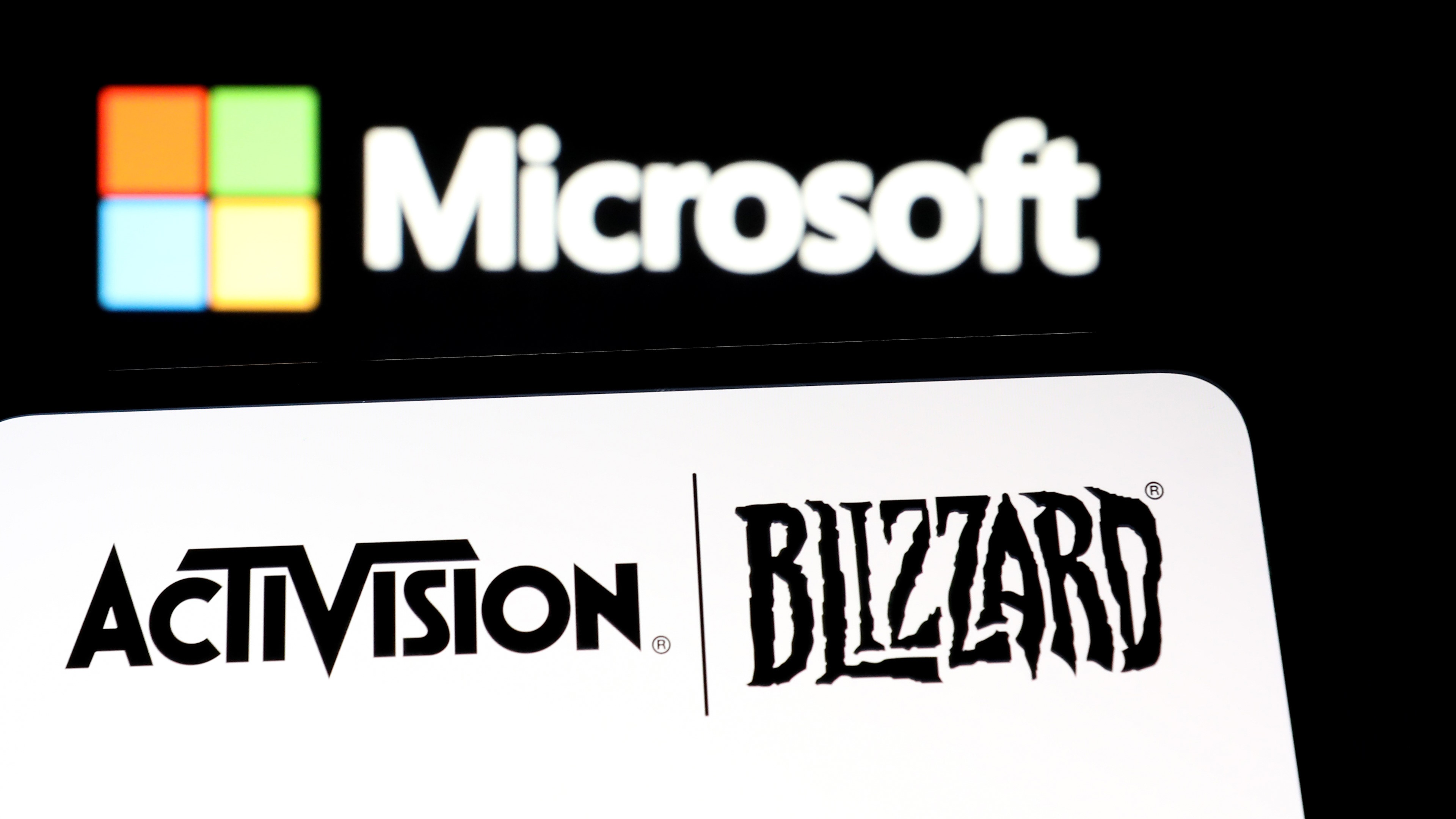
Table of Contents
The FTC's Arguments Against the Merger
The Federal Trade Commission (FTC) remains deeply concerned about the anti-competitive implications of Microsoft's acquisition of Activision Blizzard. Their arguments center on the potential for Microsoft to stifle competition and harm consumers. The FTC believes this merger significantly reduces competition, particularly in several key areas.
-
Reduced competition in the gaming console market: The FTC argues that Microsoft, already a major player with its Xbox console, will gain an unfair advantage by acquiring Activision Blizzard's popular franchises, potentially driving competitors like Sony out of the market. This could lead to higher prices and less innovation for consumers.
-
Potential for Microsoft to leverage Activision's titles to harm competitors: Activision Blizzard boasts incredibly popular franchises like Call of Duty, World of Warcraft, and Candy Crush. The FTC fears that Microsoft could leverage these titles, making them exclusive to Xbox or offering them on competing platforms under unfavorable terms, effectively harming rivals like PlayStation and Nintendo.
-
Impact on cloud gaming services: The burgeoning cloud gaming market is another area of significant concern. The FTC worries that Microsoft could use its control over Activision Blizzard's titles to limit access for competitors in the cloud gaming space, stifling innovation and hindering consumer choice.
-
Exclusion of rivals from accessing key games: The FTC argues that the merger could lead to the exclusion of rival gaming platforms from access to key Activision Blizzard titles, further diminishing competition and limiting consumer choice.
The FTC's legal strategy hinges on demonstrating that this merger substantially lessens competition, violating antitrust laws. They aim to prove that the initial court ruling overlooked crucial aspects of the potential harm to the gaming market.
Microsoft's Defense of the Acquisition
Microsoft vigorously defends its acquisition, arguing that it benefits gamers and fosters innovation. Their arguments center on several key points:
-
Benefits to gamers through expanded access and improved services: Microsoft claims the merger will bring more games to more players through expanded Game Pass subscriptions, potentially lowering the barrier to entry for many.
-
Investments in game development and innovation: Microsoft asserts that the merger will lead to significant investments in game development, resulting in higher-quality games and more innovative gaming experiences.
-
Commitment to fair competition and continued availability of Activision titles across platforms: Microsoft has repeatedly stated its commitment to ensuring that Activision Blizzard titles, including Call of Duty, will remain available on competing platforms like PlayStation. They aim to counter the FTC's claims of anti-competitive behavior.
Implications for the Gaming Industry
The outcome of the FTC's challenge will have profound and long-lasting consequences for the gaming industry. Several scenarios are possible:
-
Successful appeal: If the FTC successfully appeals the court's decision, the merger could be blocked entirely, significantly altering Microsoft's gaming strategy and potentially setting a precedent for future mergers and acquisitions in the industry.
-
Unsuccessful appeal: If the appeal is unsuccessful, the merger will proceed, solidifying Microsoft's position in the market and potentially impacting competition, pricing, and game availability for years to come.
The impact on future mergers and acquisitions will be significant, regardless of the outcome. It will influence how regulators approach future consolidation attempts within the gaming sector and other industries. Changes in console and cloud gaming market dynamics are also expected, with potential shifts in market share and the overall competitive landscape. Finally, game pricing and availability could be altered based on the final decision.
Legal Processes and Timeline
The legal process for appealing the court's decision involves multiple steps, including filing briefs, oral arguments before the appellate court, and potentially a further appeal to the Supreme Court. The timeline is uncertain, but the process is expected to take several months, if not years, to complete. The potential outcomes range from the complete reversal of the lower court's decision to its affirmation, each carrying significant implications for the future of the gaming industry.
Conclusion: The Future of the FTC's Challenge to the Microsoft-Activision Deal
The FTC's challenge to the Microsoft-Activision deal presents a crucial test of antitrust enforcement in the rapidly evolving gaming industry. Both sides have presented compelling arguments, with the FTC highlighting potential anti-competitive effects and Microsoft emphasizing the benefits to gamers and innovation. The outcome will significantly shape the future of the gaming market, influencing competition, pricing, and the availability of popular game titles. The potential implications are vast, impacting not only Microsoft and Activision Blizzard but also other players and consumers alike. Stay tuned for updates on this landmark case, as the FTC's challenge to the Microsoft-Activision Deal continues to unfold.

Featured Posts
-
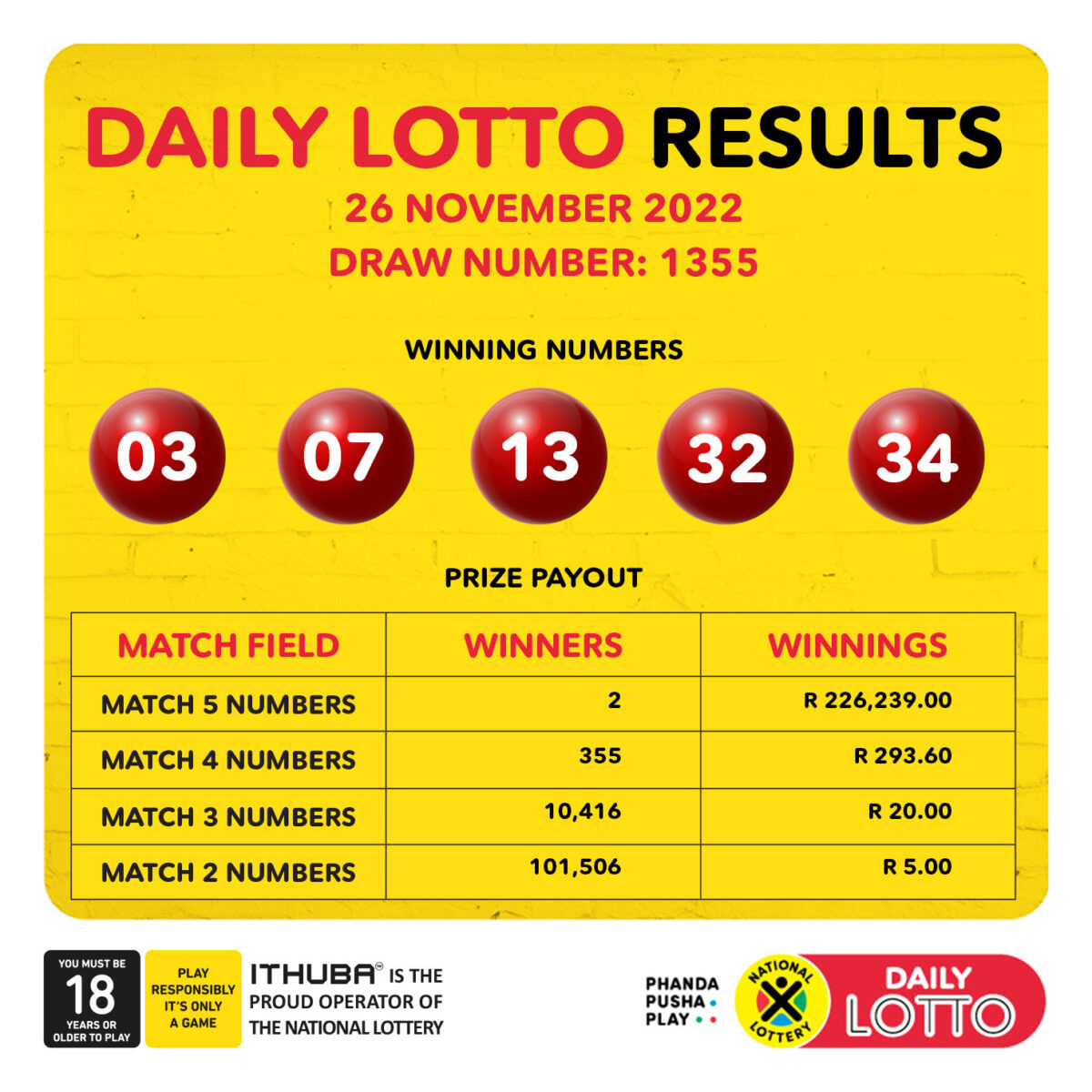 Tuesday April 15 2025 Daily Lotto Winning Numbers
May 03, 2025
Tuesday April 15 2025 Daily Lotto Winning Numbers
May 03, 2025 -
 Nigel Farage Prefers Snp Victory In Next Scottish Election Reform Partys Stance Explained
May 03, 2025
Nigel Farage Prefers Snp Victory In Next Scottish Election Reform Partys Stance Explained
May 03, 2025 -
 Us Health Officials Intensify Vaccine Surveillance As Measles Cases Rise
May 03, 2025
Us Health Officials Intensify Vaccine Surveillance As Measles Cases Rise
May 03, 2025 -
 Farage Beats Starmer In Uk Pm Preference Polls Constituency Breakdown
May 03, 2025
Farage Beats Starmer In Uk Pm Preference Polls Constituency Breakdown
May 03, 2025 -
 Graeme Souness Arsenal Warning Champions League Rivals Off The Charts
May 03, 2025
Graeme Souness Arsenal Warning Champions League Rivals Off The Charts
May 03, 2025
Latest Posts
-
 The Low Uptake Of 10 Year Mortgages In Canada Reasons And Implications
May 04, 2025
The Low Uptake Of 10 Year Mortgages In Canada Reasons And Implications
May 04, 2025 -
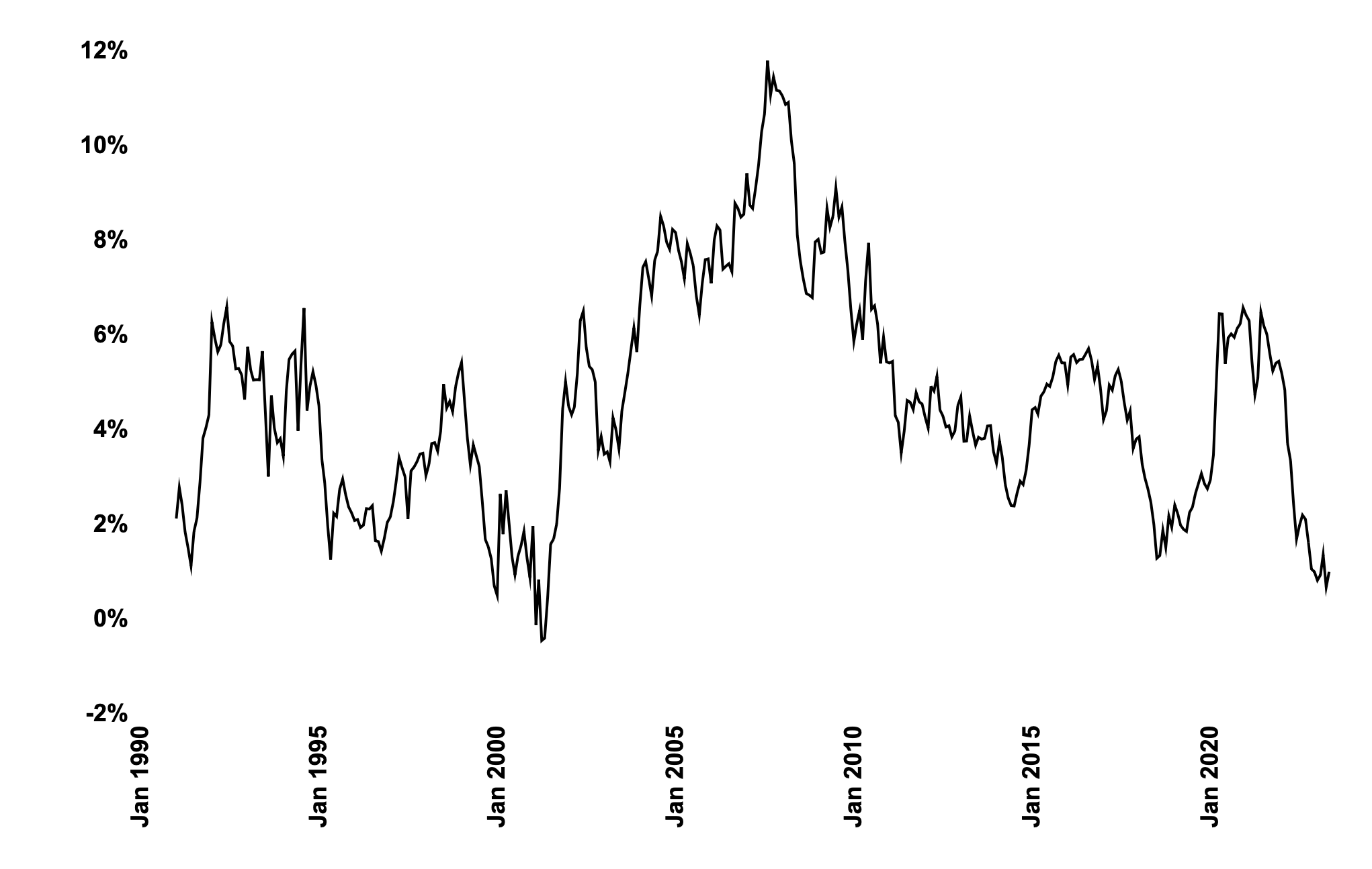 Canadian Mortgage Preferences The Case Against 10 Year Terms
May 04, 2025
Canadian Mortgage Preferences The Case Against 10 Year Terms
May 04, 2025 -
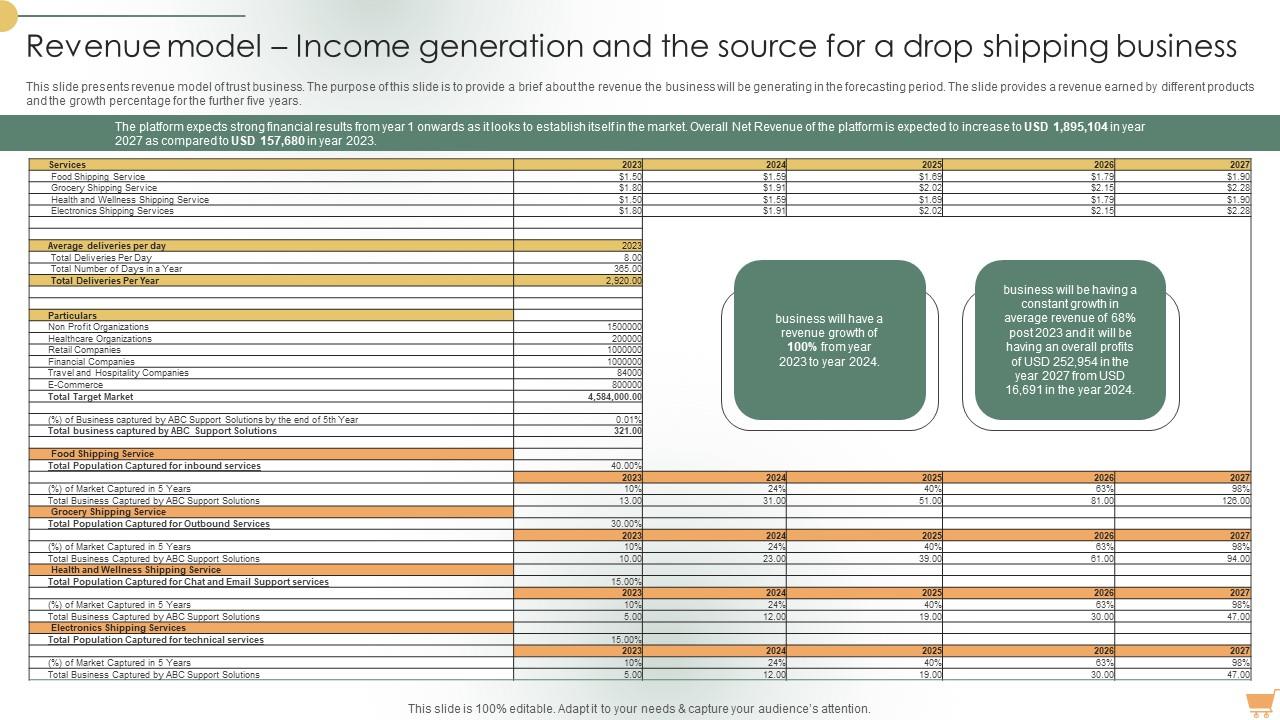 Understanding The Implications Of Shopifys Revenue Share Model Change
May 04, 2025
Understanding The Implications Of Shopifys Revenue Share Model Change
May 04, 2025 -
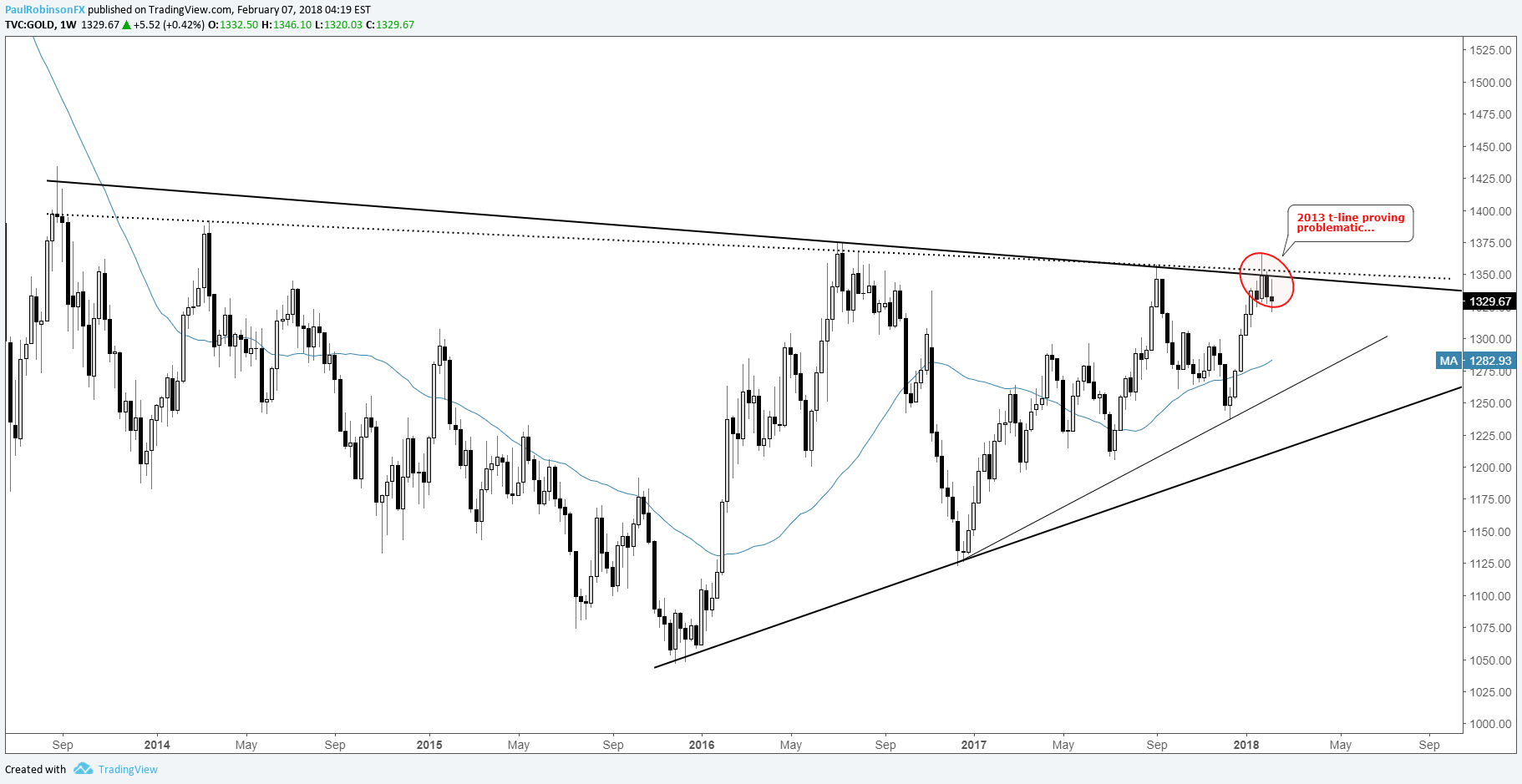 Understanding The Recent Gold Price Decline Two Weekly Losses In 2025
May 04, 2025
Understanding The Recent Gold Price Decline Two Weekly Losses In 2025
May 04, 2025 -
 Why 10 Year Mortgages Arent Popular In Canada
May 04, 2025
Why 10 Year Mortgages Arent Popular In Canada
May 04, 2025
